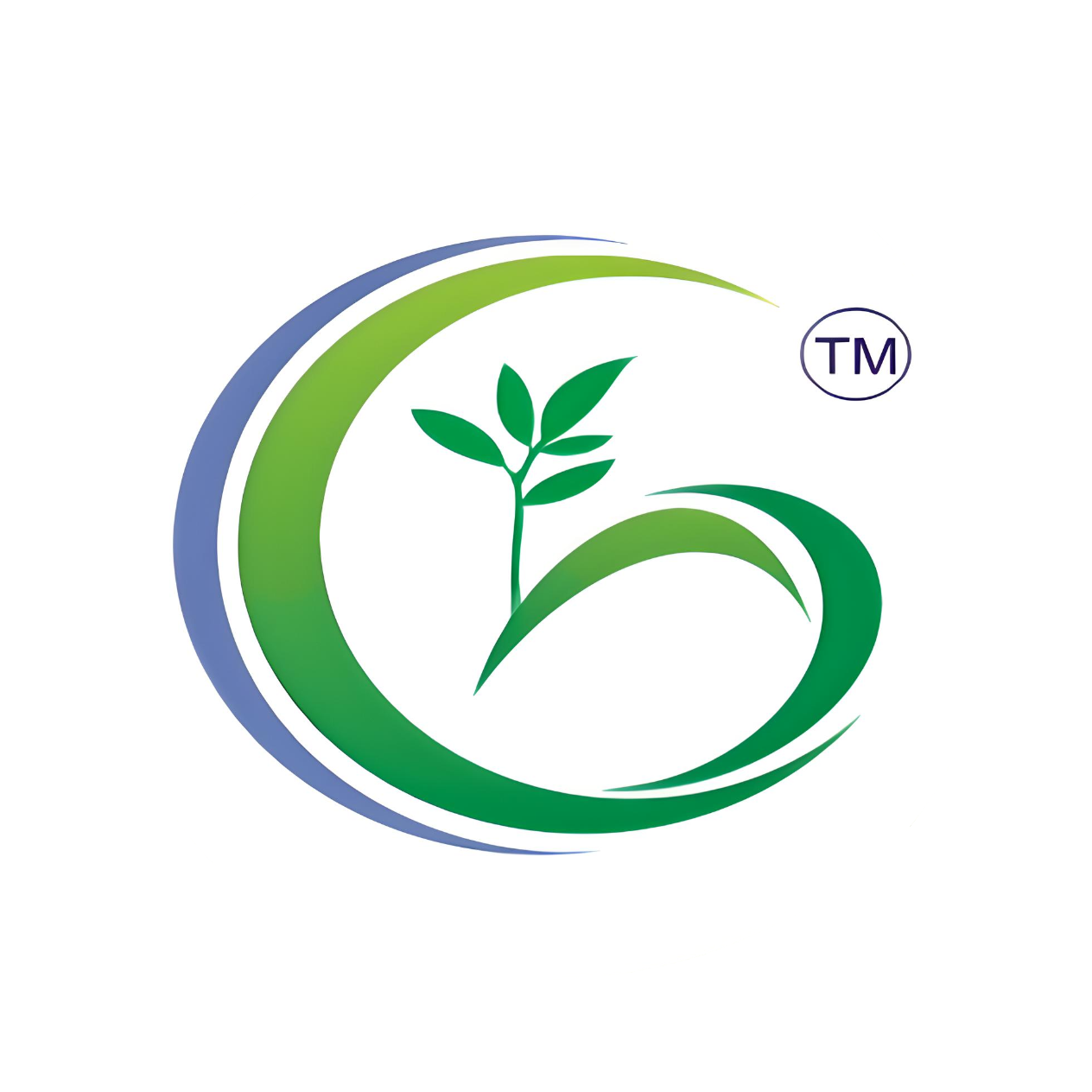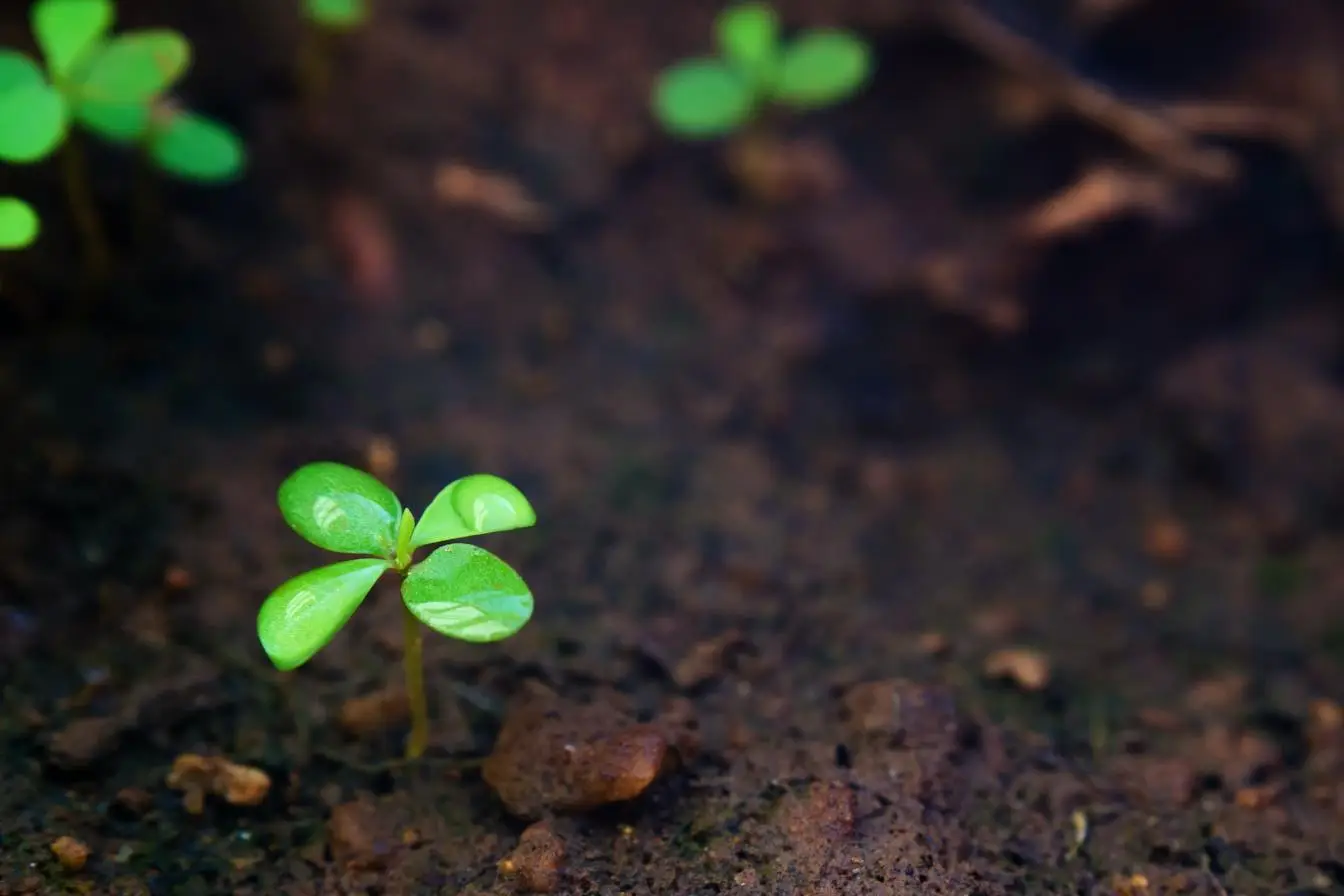
Gusto Crop Tech Private Limited

Nanotechnology, with its ability to manipulate matter at the nanoscale, has opened up new avenues for plant health and nutrition. By harnessing the power of nanoparticles, scientists have been able to develop innovative solutions that can address the challenges faced by modern agriculture. These nanomaterials, when used in plant systems, can deliver nutrients efficiently, regulate plant growth, and enhance plant defense against pathogens.
One of the key applications of nanotechnology in plant health is improving nutrient absorption. Nanoparticles, such as zinc oxide and iron oxide, can be engineered to encapsulate essential nutrients and deliver them directly to the plants. This targeted approach ensures that the nutrients are efficiently absorbed by the plants, resulting in improved growth and vitality. Additionally, the controlled release of nutrients from nanoparticles helps in minimizing nutrient loss and wastage.
Nanotechnology also plays a vital role in enhancing the defense mechanisms of plants. Nanoparticles, such as silver nanoparticles, have antimicrobial properties that can inhibit the growth of pathogens, including bacteria and fungi. When applied to plants, these nanoparticles create a protective barrier that prevents the invasion of harmful microorganisms. This not only reduces the reliance on chemical pesticides but also minimizes the risk of environmental pollution.
Nanofertilizers are another exciting application of nanotechnology in plant health and nutrition. These nanoscale fertilizers have a higher surface area and can release nutrients gradually, providing a sustained supply to the plants. This leads to improved nutrient uptake and efficient utilization by the plants, resulting in enhanced crop yield and quality. Moreover, nanofertilizers can also mitigate nutrient leaching, reducing the environmental impact of conventional fertilizers.
Nanosensors are yet another noteworthy development in the field of plant health and nutrition. These tiny devices can detect and monitor various factors, such as soil moisture, nutrient levels, and stress indicators, in real-time. This data helps farmers and researchers make informed decisions regarding irrigation, fertilization, and pest management, ultimately optimizing plant health and reducing resource wastage. Nanosensors have the potential to revolutionize precision agriculture and enable more efficient and sustainable farming practices.
The integration of nanotechnology into plant health and nutrition is undoubtedly a game-changer. Through the use of nanomaterials, scientists are developing innovative solutions that improve nutrient absorption, enhance plant defense mechanisms, boost crop yield and quality, and enable precision farming. As this technology continues to evolve, it holds the promise of transforming agriculture and addressing the global challenges of food security and sustainability.